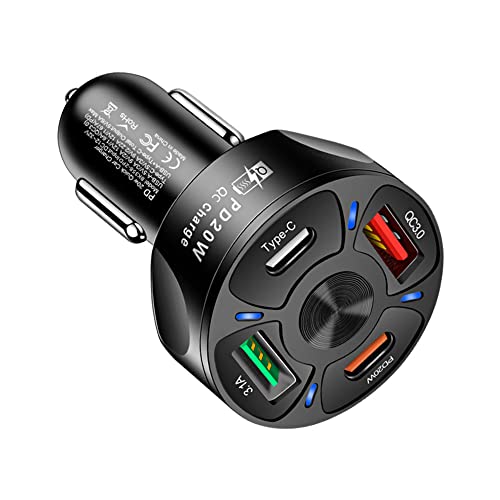This thread is about CCS conversions, not batteries. I wish you guys would quit posting on batteries, there are other threads devoted to batteries. I also wish people would quit thinking of EVs as disposable once the warranties run out.
Elon Musk stated that people could get a million miles out of his Teslas. There is no reason we can't get as many miles out of our FFEs if the commitment is there to keep our FFEs running. Upgrades like CCS would make our existing FFEs much more useful and and increase our commitment to keep them running.
I will say this about battery degradation, it's expected!! EV owners need to plan on replacing/upgrading their batteries occasionally if they have any kind of commitment to their EVs. Replacement batteries are already available from the dealers and aftermarket batteries will become available as soon as there is a significant market for replacement batteries.
Elon Musk stated that people could get a million miles out of his Teslas. There is no reason we can't get as many miles out of our FFEs if the commitment is there to keep our FFEs running. Upgrades like CCS would make our existing FFEs much more useful and and increase our commitment to keep them running.
I will say this about battery degradation, it's expected!! EV owners need to plan on replacing/upgrading their batteries occasionally if they have any kind of commitment to their EVs. Replacement batteries are already available from the dealers and aftermarket batteries will become available as soon as there is a significant market for replacement batteries.

































![4 Ports Fast Car Charger,[Upgrade Voltmeter Display] PD+QC3.0+USB C Car Charger for 12-24V Cigarette Lighter Plug,Car Phone Charger Compatible with iPhone/Android/Samsung/iPad (QC3.0+Type-C+PD+2.4A)](https://m.media-amazon.com/images/I/41Zu+AlABTL._SL500_.jpg)
